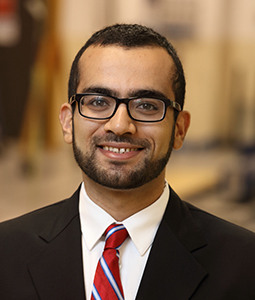
Ahmed A. Alshareef
Dr. Alshareef's research interests include injury biomechanics, experimental characterization of biological tissue, computational biomechanics, and magnetic resonance imaging (MRI).
To deliver our collaborative program in the interdisciplinary field of Biomedical Engineering, our core and affiliated faculty include faculty from the Molinaroli College of Engineering and Computing as well as the College of Arts and Sciences and the Medical School.

Dr. Alshareef's research interests include injury biomechanics, experimental characterization of biological tissue, computational biomechanics, and magnetic resonance imaging (MRI).
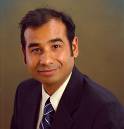
Dr. Azhar’s current focus involves using genetically engineered mouse models to investigate the biological function of the transforming growth factor beta (TGFβ) ligands in cardiovascular development and cardiovascular disease, including calcific aortic valve disease, congenital heart disease, and aortic calcification and thoracic aortic aneurysm.
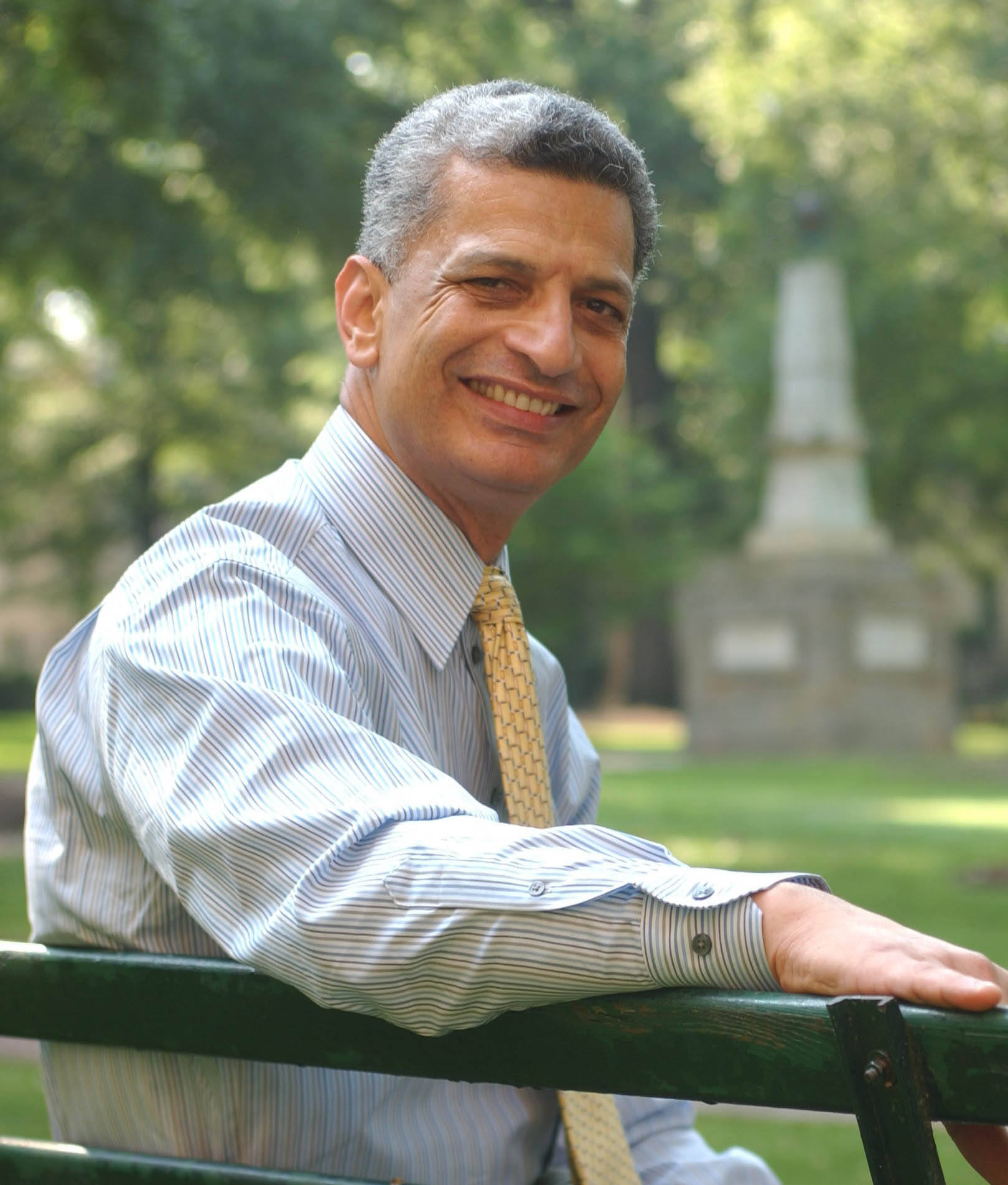
Dr. Bayoumi's current areas of interest are: (1) study of Condition-Based Maintenance (CBM) on military aircraft, (2) Micro-Electro Mechanical Systems (MEMS) and Mechatronics, and (3) design and applications of efficient energy resources and systems.
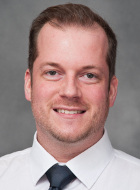
Dr. Blanchette's research interests fall into the areas of: design of cell-instructive materials, delivery of therapeutics and tissue engineering.
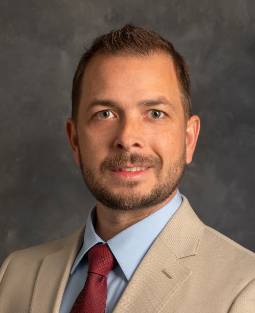
Dr. Boltin's focus lies in software design, biomedical informatics, data mining, and machine learning/artificial intelligence.
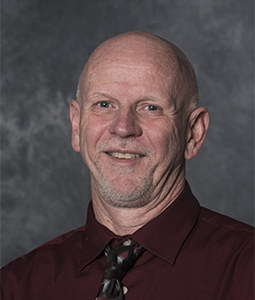
Dr. Carver’s research focuses on understanding how fibroblast behavior and gene expression are regulated in the heart. He uses cell culture and animal models to examine the regulation of fibroblasts in cardiovascular disease.
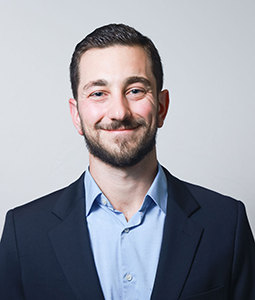
Dr. Colebank uses computational modeling, data assimilation, and applied statistics to simulate and predict cardiovascular function. His main areas of research are in (1) multiscale modeling of hemodynamics, (2) systems-level, digital twins of the cardiovascular system, and (3) inverse problems and uncertainty quantification in physiological systems.
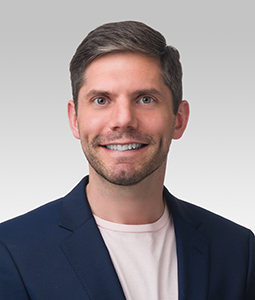
How do blood vessels respond when blocked or injured? Can this response be leveraged to treat inflammatory vascular diseases? The Evans Laboratory studies the vascular response to thrombosis with a view to improving treatments for inflammatory vascular diseases including acute respiratory distress syndrome.
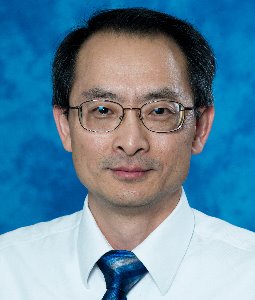
Dr. Fan’s current research interests include the interaction between lipoprotein metabolism and innate immunity in atherogenesis, the tumor microenvironment of breast cancer, and development of natural compounds as anti-inflammatory and anti-cancer therapies.
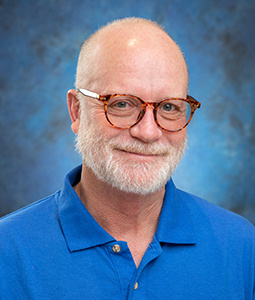
Dr. Goodwin's research lab investigates mechanisms of cardiovascular embryonic development and disease.
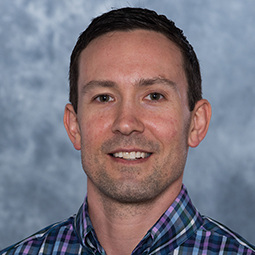
Associate Professor of Biomedical Engineering and Affiliate faculty in Chemical Engineering, with research interests involving the understanding the immune system in order to develop bio-instructive materials that stimulate specific immune responses.
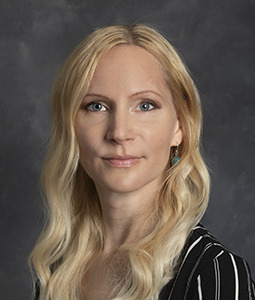
Dr. Henrich is the undergraduate director, lab manager and an instructor in the Biomedical Engineering Program.
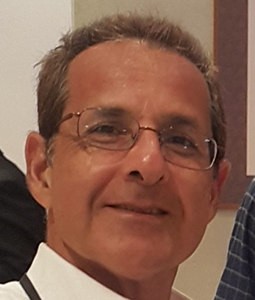
Professor of Biomedical Engineering and Affiliate faculty in Chemical Engineering, with research interests including tissue engineering, biomimetic materials, bioinspired nanocomposites, and peptide-mediated drug delivery.
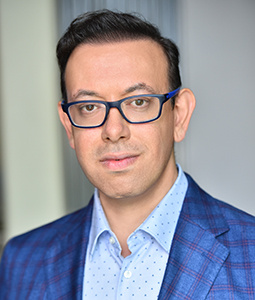
Professor of Biomedical Engineering and Affiliate faculty in Chemical Engineering, with research interests in the interdisciplinary areas of biomaterials, stem cells and nano/micro-electromechanical systems with applications in tissue engineering and regenerative medicine.
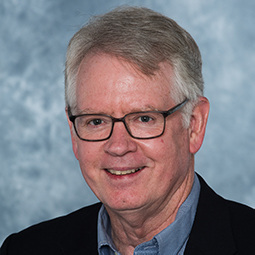
Associate Vice President for Research of USC, Senior Associate Dean for Research and Graduate Programs of the Molinaroli College of Engineering and Computing, and Professor of Chemical Engineering and Biomedical Engineering, with research interests in the broad field of thermodynamics, including supercritical fluids, ionic liquids, green chemical engineering, and carbon dioxide technology for sterilization, disinfection, modification of tissue scaffolds, and deactivation of allergenic proteins and asthma triggers.
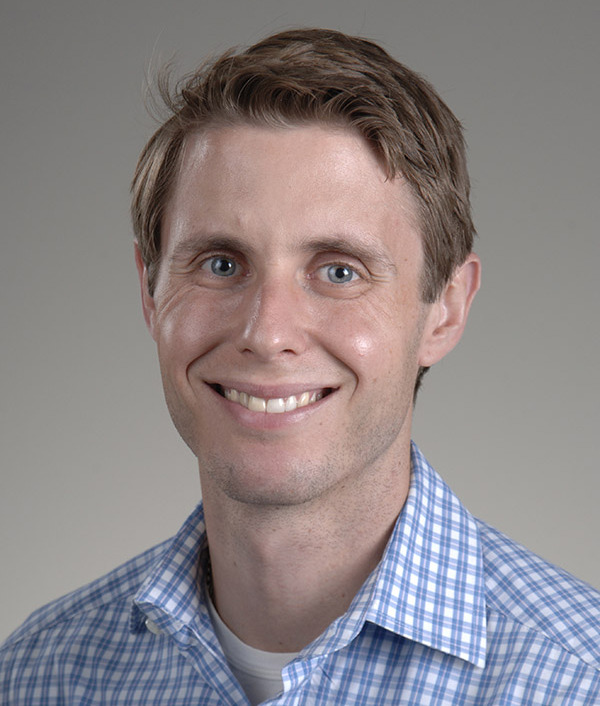
Dr. McCarthy's lab studies novel mechanisms that contribute to vascular deterioration in cardiovascular and metabolic diseases, as well as aging.
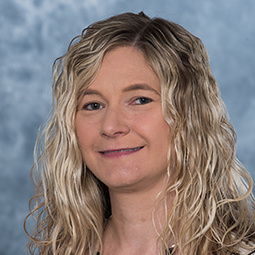
Senior Associate Dean for Academic Affairs of the Molinaroli College of Engineering and Computing, Professor of Biomedical Engineering, and Affiliate faculty in Chemical Engineering, with research interests focused on understanding the role of amyloid-β protein (Aβ) aggregation in Alzheimer’s disease and inhibiting Aβ aggregation and its impact on cells as a therapeutic approach to this widespread and devastating illness.
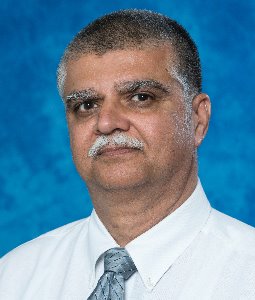
Dr. Patel's research interests include molecular regulation of vascular endothelial and smooth muscle cells.
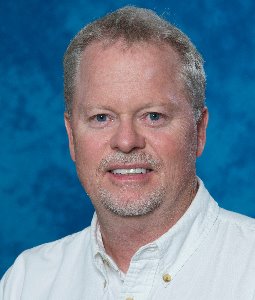
Dr. Pott’s research team is working toward understanding how the early heart and in particular, the AV canal is formed, laying the foundation for future therapeutic measures for congenital cardiac defects.
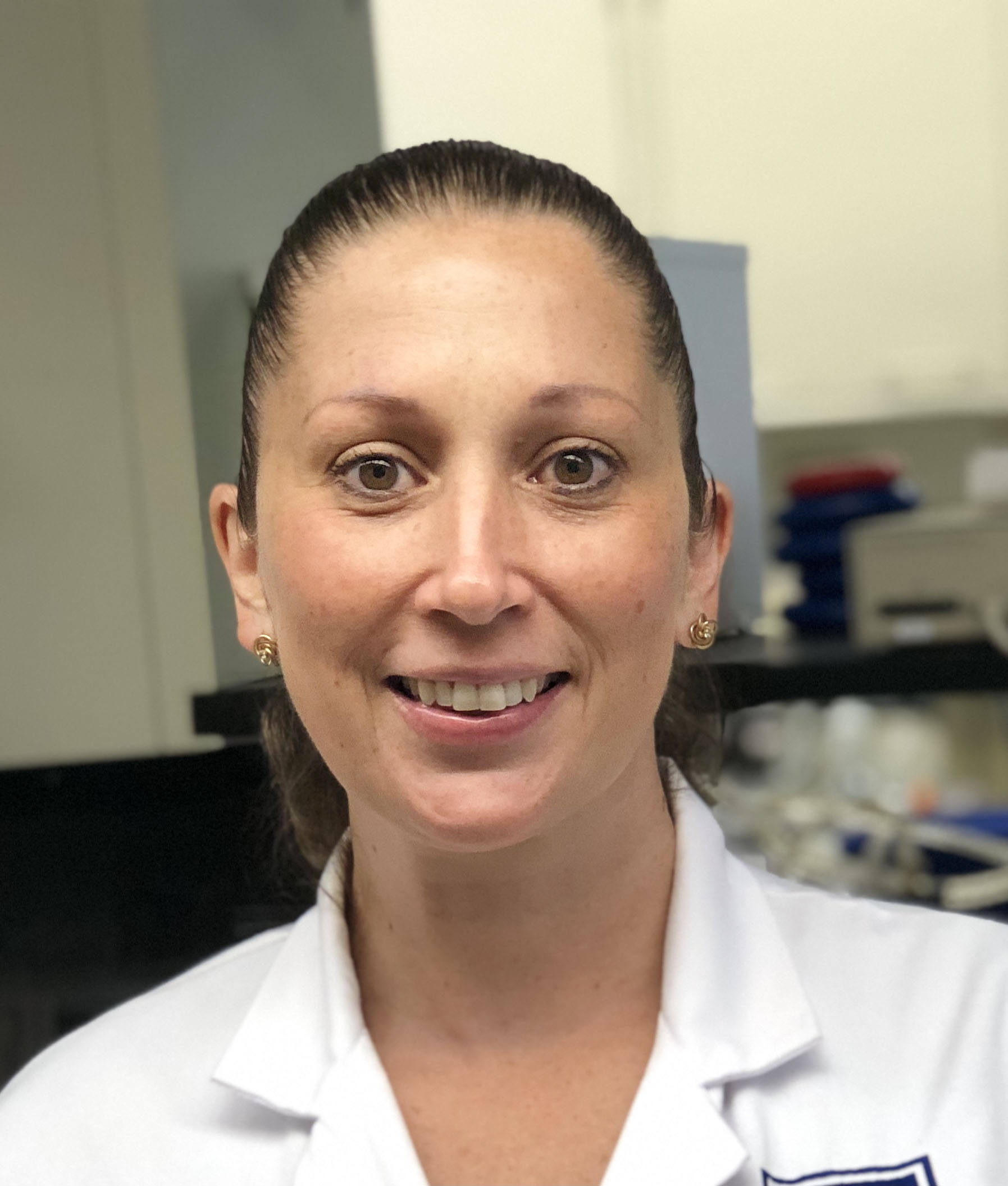
Dr. Priviero is a professor in biomedical engineering.
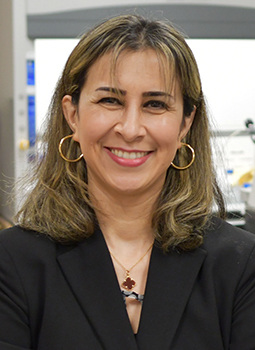
Assistant Professor of Chemical Engineering, with research interests including the structure, dynamics, and self-assembly of soft materials, with an emphasis on anisotropic components capable of leading to new, tunable macroscopic properties.
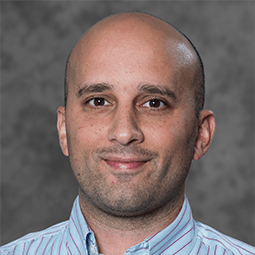
Dr. Shazly is the Graduate Director of the Biomedical Engineering Program at the University of South Carolina. His research is focused on defining and characterizing relevant tissue properties for clinical applications and rationally designing polymeric biomaterials that leverage local biology to enhance therapeutic gain.
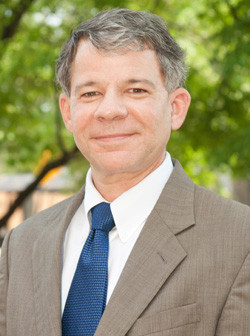
Francis G. Spinale, an internationally renowned cardiovascular scientist, has directed a translational research effort in the thematic area of remodeling with a particular focus upon heart failure. His mechanistic, translational, and clinical studies will advance our understanding and treatment for major causes of heart failure in patients.
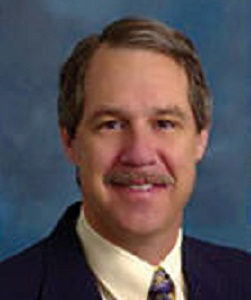
Dr. Sutton's research and interests include coherent and incoherent optics applications, experimental mechanics, digital image processing, computer vision, applications of integral methods and experimental mechanics, boundary valve problems, plastic fracture mechanics, and finite elements modeling of cracked bodies.
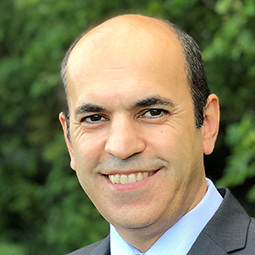
Assistant Professor of Biomedical Engineering and Affiliate faculty in Chemical Engineering, with research interests including bio-nano hybrid and biomimetic materials, charge-driven self-assembly, structure-dynamics relations in polymer networks, hydrogels, soft glassy materials and living cells, microfabrication and 3D bioprinting and tissue engineering, and collective cell migration.
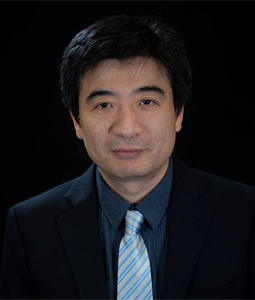
Dr. Tan’s research team mainly focuses on the molecular pathogenesis of congenital vascular malformations. His research is interested in the mechanism how vascular and nervous systems interact each other during the diseases’ pathogenesis and progression as well as and development of new treatments for them.
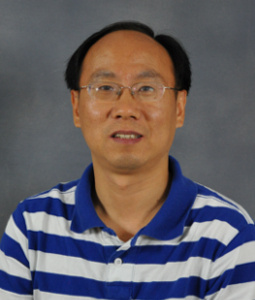
Dr. Tang's research combines synthesis of innovative polymeric materials, including both renewable bio-based polymers, nanostructured polymers and metal-containing polymers, which can find applications ranging from novel biodegradable thermoplastics, drug delivery, antimicrobials, nanolithography, etc.
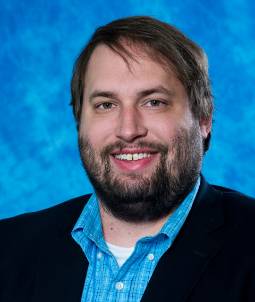
Professor and Chair of Biomedical Engineering and Affiliate faculty in Chemical Engineering, with research interests working toward the fundamental understanding of how the complex interactions at interfaces couple together to give the rich phenomena observed in various chemical and biological systems.
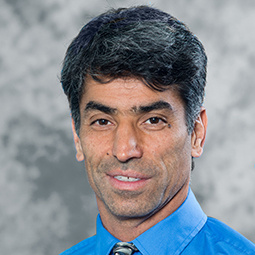
Dr. Valafar's research activities fall into two broad categories: computational medicine and computational biology.
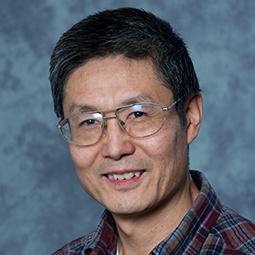
Dr. Wang's research and interests include micro/nanofluidics, lab-on-a-chip, far field optical nanoscopy, super-resolution imaging, cancer detection, fluorescence spectroscopy, tissue engineering, fluid dynamics, turbulence and mixing.
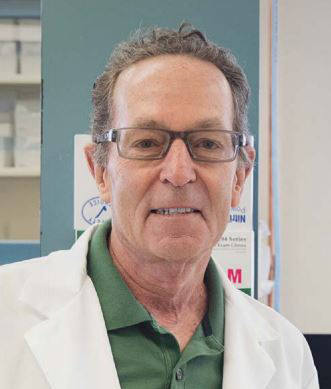
Dr. Webb is a Professor in Biomedical Engineering and the Director of Cardiovascular Translational Research Center
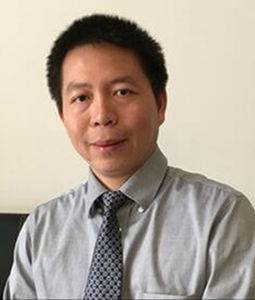
Associate Professor of Biomedical Engineering and Affiliate faculty in Chemical Engineering, with Research interests focusing on functional materials and biotechnologies using the combination of multiscale simulations, experiments and machine learning.
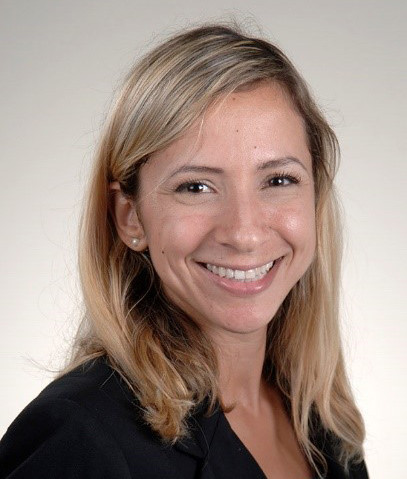
Dr. Wenceslau is an Associate Professor in Biomedical Engineering. The goal of her laboratory is to understand vascular physiology in cardiovascular diseases.
Can't find who you're looking for? Visit our faculty/staff directory »